Diagnostic Plus is working in Pakistan under the supervision of Dr. Ghazala Ahmed.
Diagnostic Plus is a modern immunoassay testing laboratory equipped with latest and “top of the line” technology that helps to provide specialized tests with international quality at affordable costs to its patients.
Diagnostic Plus provides Routine & Specialized tests with international
Quality at an affordable price to the common man.
Our goal is to improve the health of our community by providing timely, accurate and cost-effective testing services.
We provide a wide range of testing services.
Clinical Biochemistry tests comprise over one third of all laboratory
investigation.
Clinical biochemistry is that branch of laboratory medicine in which chemical and biochemical methods are applied to the study of disease while in theory this embraces all non-morphological studies, in practice it is usually, though not exclusively, confined to studies on blood and urine because of the relative ease in obtaining such specimens although analysis are made on other body fluids such as gastric aspirate and cerebrospinal fluid.
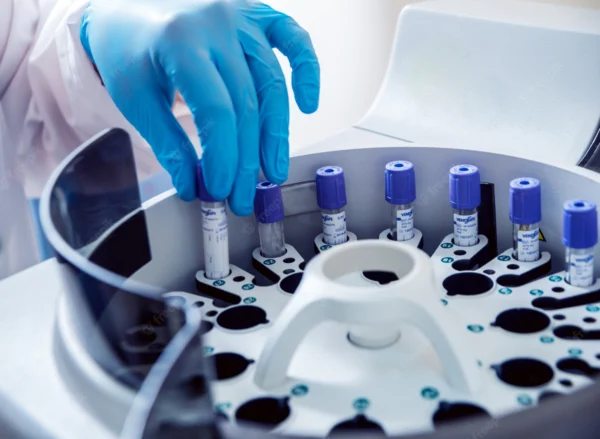

Hematology is the specialty responsible for the diagnosis and management of a wide range of benign and malignant disorders of the red and white blood cells, platelets and the coagulation system in adults and children. Hematologists care directly for patients on hospital wards and out patient clinics.
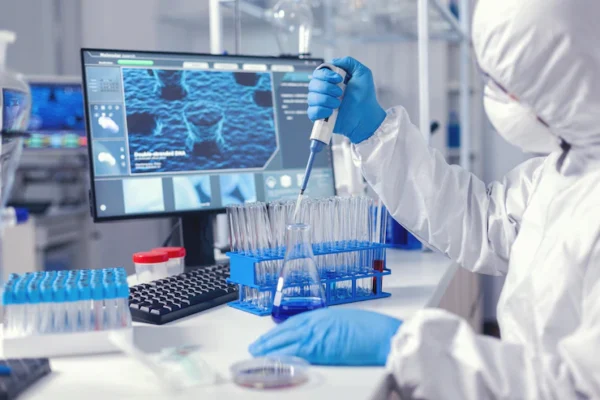
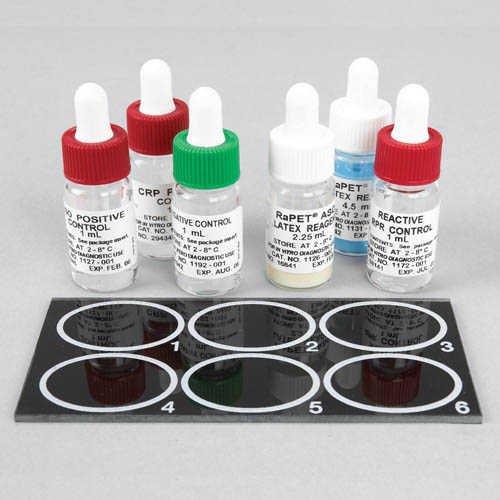
The Serology lab analyzes blood specimens for diseases of public health significance. A serology blood test is performed to detect and measure the levels of antibodies as a result of exposure to a particular bacteria or virus.
Antibody serology tests check for the presence or level of specific antibodies in the blood. Antibodies are proteins that your immune system makes to fight foreign substances. These substances are often pathogens, (disease-causing germs) such as viruses and bacteria.
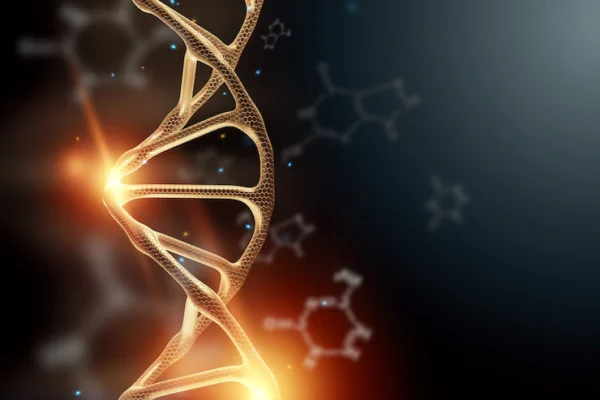

Hormones are your body’s chemical messengers. They travel in your bloodstream to tissues or organs. They work slowly, over time, and affect many different processes, including: Growth and development. Metabolism – how your body gets energy from the foods you eat.
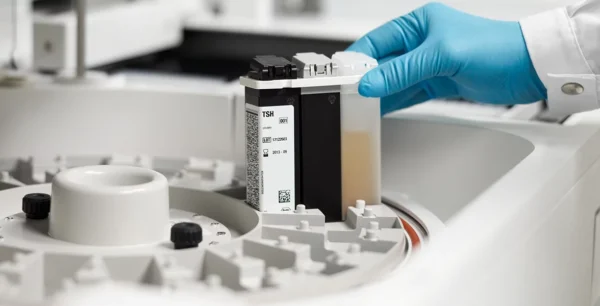
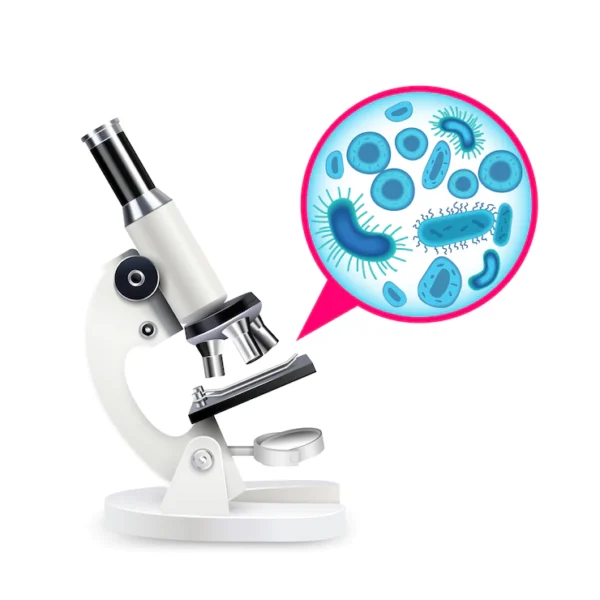
Microbiology is the study of the biology of microscopic organisms – viruses, bacteria, algae, fungi, slime molds, and protozoa. The methods used to study and manipulate these minute and mostly unicellular organisms differ from those used in most other biological investigations.

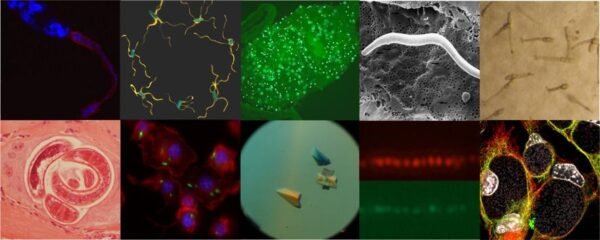
The Parasitology Group in MIMG encompasses an interdisciplinary group of researchers studying the biology and pathogenic mechanisms of parasitic protozoa and helminths. These organisms cause a wide array of important human and animal diseases worldwide.

